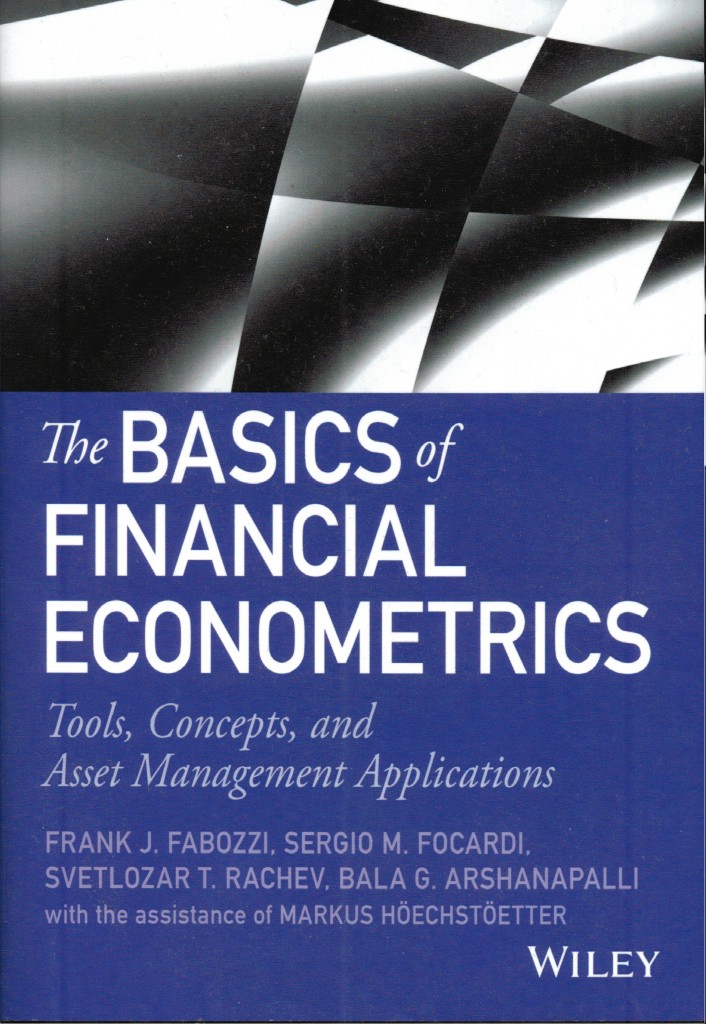I’m at the?Self-Regulation in the Financial Markets: Exchange Issues, Market Structure, and Investor Protections Conference hosted by the CFA Institute and the DC Society. ?I will be making occasional posts on this today, in the form of summary notes.
Jim Allen, CFA
Head, Capital Markets Policy ? Americas
CFA Institute ? already self-regulated.? Aids in flexibility of regulation.? De facto standards of investment performance measurement ? GIPS [Global Investment Performance Standards].
Mary Schapiro
Vice Chairman of the Advisory Board, Promontory Financial Group
Former Chairman of the US Securities and Exchange Commission
Former CEO of the Financial Industry Regulatory Authority (FINRA)
Former Chairman of the Commodity Futures Trading Commission
Keynote talk
Has spent much of her life heading self-regulatory organizations [SROs].? She thinks SROs lever the effectiveness of government in regulating finance.? Congress does not appropriate the proper amount of money to regulate finance on its own.? Employee levels in the government regulators have not grown.
Regulating RIAs ? only 9% examined in 2013 managing $55 Trillion of assets.? SROs are not a second choice solution.? There is more expertise, tech knowledge, etc.
The Future of Self-Regulatory Organizations
Cited this article: Top 10 Characteristics of Effective Self-Regulatory Organizations
DM note: There are about 60 people here in this room adequate to hold about 150.
First Panel
Global Overview: Role of Self-Regulation in Increasingly Interconnected and Complex Markets
Topics
- What are the benefits of an effective self-regulatory system in the securities markets?
- What challenges does the self-regulatory system face in light of the complexity of financial products and trading mechanisms (algorithmic trading, dark pools, etc.), and what resources are needed in response?
- How does the use of ?front-line? regulators in certain market sectors contribute to more effective regulation?
- What is the future for self-regulation? How do the experiences differ between emerging markets and those that are more established?
Chris Brummer
Professor of Law — Georgetown University Law Center
No intro talk.
Amarilis Sardenberg
Chair of the Board?– BM&FBOVESPA Market Supervision
Government Bond ? Central Bank
OTC Bond, Securities, and Derivatives ? all under one regulator.? Each has its own SRO.? Her securities SRO audits brokers and custodians.? All trades tracked by beneficial owner; makes tracking manipulation easier.
Susan Wolburgh Jenah
President and CEO –Investment Industry Regulatory Organization of Canada [IROC]
Heads a national SRO in Canada.? Provinces have financial regulatory authority.? This is somewhat similar to insurance regulation in the US.? SROs have greater authority in Canada.? Audited regularly, and the results are made public.? Thinks they hold to the Top 10 Characteristics of Effective Self-Regulatory Organizations pretty well.
Moderated by: Jim Allen, CFA, CFA Institute
Q: Challenges of SROs?
CB: 2 ? points: 1) Globalization ? financial trade can go on anywhere ? affects regulation.? Coordination is helpful, the US cannot dictate international rules.? Soft principles have dominated over negotiating hard principles.
2) Disintermediation of financial services firms eliminates gatekeeping functions of financial firms.? Bitcoin, Crowdfunding, Dark pools, etc.? (DM: I would have said derivatives or money market funds?)
SWJ: Changes have been huge ? explosion of exchanges in Canada and the US. ?High frequency trading [HFT] is highly controversial ? and it is a data-intensive task to investigate what is right or wrong.
AS: Coordination of policy is important.? A little surprised at arbitrage trades.
Q: What to do about attacks from hackers?
SWJ: Big issue, the investment banks are big targets.? Smaller firms lag on resources.? We try to educate on the issue, create best practices, policies, etc.? Their SRO hires hackers to test their systems.
AS: Similar answer to SWJ, adds that the exchanges have their own efforts.
CB: Capture the right data, analyze it.
Q: Regulatory arbitrage, how to reduce?
CB: Cites: The Danger of Divergence: Transatlantic Financial Reform & the G20 Agenda
Different regulators move at different speeds, and face local challenges.? Different cultures affect implementation.
SWJ: Businesses move faster than regulators.? Are provincial securities regulators able to adapt more rapidly than a national regulator? [DM: If they cooperate, I think it can work.]
AS: There are so many trades going across borders that it is very difficult to police.? Post-trade settlement is tough ? harmonizing settlement standards has a long way to go.
Q: How do you avoid industry capture?
SWJ: IROC does not advocate, it only regulates.? Purity of purpose is important.? Board is 7 independent, 7 industry and the Chair.? Nominating Committee composed of the independent directors plus Chair.? Everything public and transparent.
AS: Her exchange SRO is established by statute, and has clear authority and goals as a result.? Board of 11, 8 must be independent.
Q: Not many SROs in banking, as finance goes more global, how will SROs fare?
CB: Harmonization of data collection would help.? Difficult to harmonize all regulation under one roof.? Federal Reserve doing some of this. [DM: not really]? Long history of SROs in finance and other areas, like accounting.? Independent majority on SRO boards need with an independent source of revenues.
SWJ: There is an academic paper to be written here.? [DM: Panic of 1907, Great Depression help explain it.]
AS: Not many exchange based SROs: US, Canada, Brazil, Columbia…
 Most of my readers are not going to want to buy this book, because they are not inclined toward math. ?But for those that are math-inclined, I would encourage you not to buy the book. ?Why?
Most of my readers are not going to want to buy this book, because they are not inclined toward math. ?But for those that are math-inclined, I would encourage you not to buy the book. ?Why?
